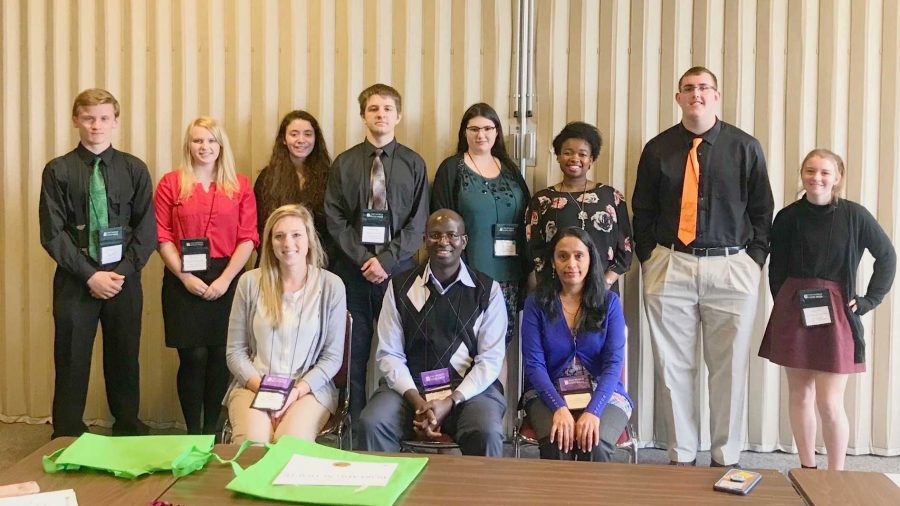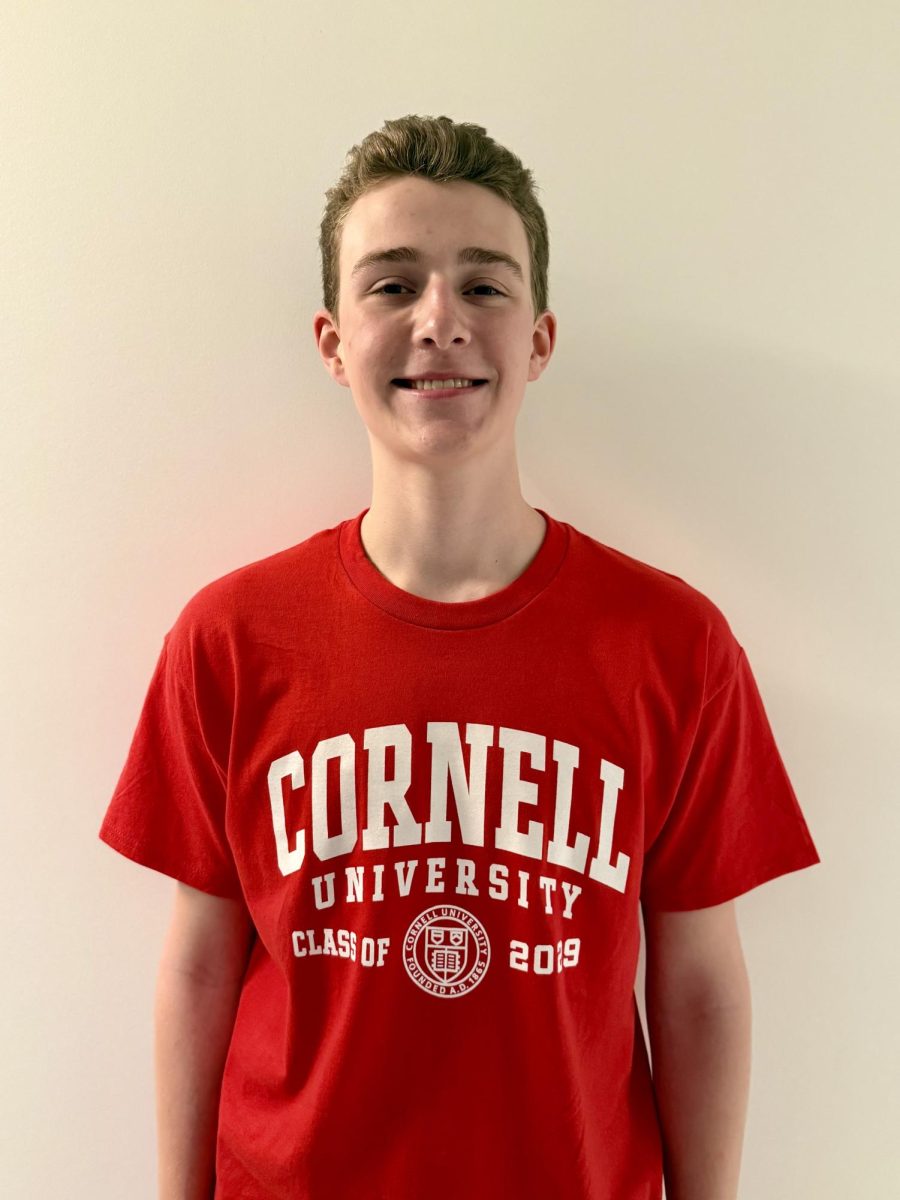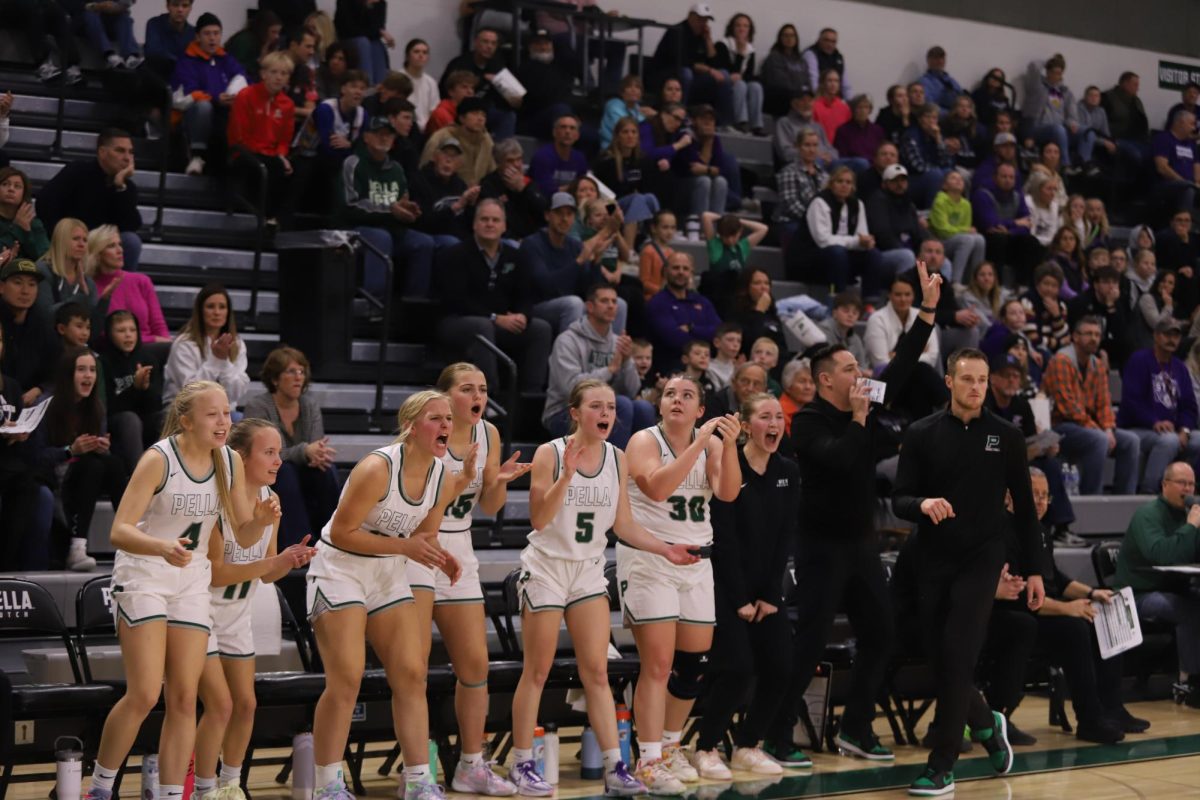The World Food Prize, which occurs on April 30, is a competition that takes place every year in Des Moines and attracts students and educators worldwide and from our own community.
“I decided to participate in the World Food Prize because I thought it would be a good opportunity to get extra credit in Human Geography and hopefully understand more about problems that are going on in other countries that an American student might be shielded from,” said competition participant sophomore Allison Paulius.
In this competition, students such as Paulius choose a problem related to food security. Participants write and submit papers about their chosen problem and some are selected for awards.
“I chose to write about malnutrition in Bangladesh because I wanted to learn more about the struggles that these people, in a completely different culture than my own, faced. As well, it seemed that Bangladesh has a lot of industries, but their quality of life and health standards are relatively low compared to surrounding countries, with lots of room for improvement,” explained Paulius.
The World Food Prize is no mere competition; the problems and problem solving processes that students deal with are present in and applicable to the real world.
“I think it’s probably, to my knowledge, the most applicable real-world challenge that my students can engage in that allows them to think outside of just the stuff that we’re doing in our book and hopefully, if they become part of that activity, it allows them to work with other students. It allows them to see how these challenges are actually solved in real life. I think it’s very rewarding,” said advisor Mark Solomon.
Solomon believes that this competition is especially important for young people in the modern world. “It’s very easy to see from the media and other things that humans face as many challenges or more as they ever have,” said Solomon. “There’s a lot of really good and a lot of really bad out there. I think that this is an opportunity for young people who have to inherit the future of humanity to try to do something that not only makes them feel like they’re doing something but actually gives them the opportunity to solve problems.”






